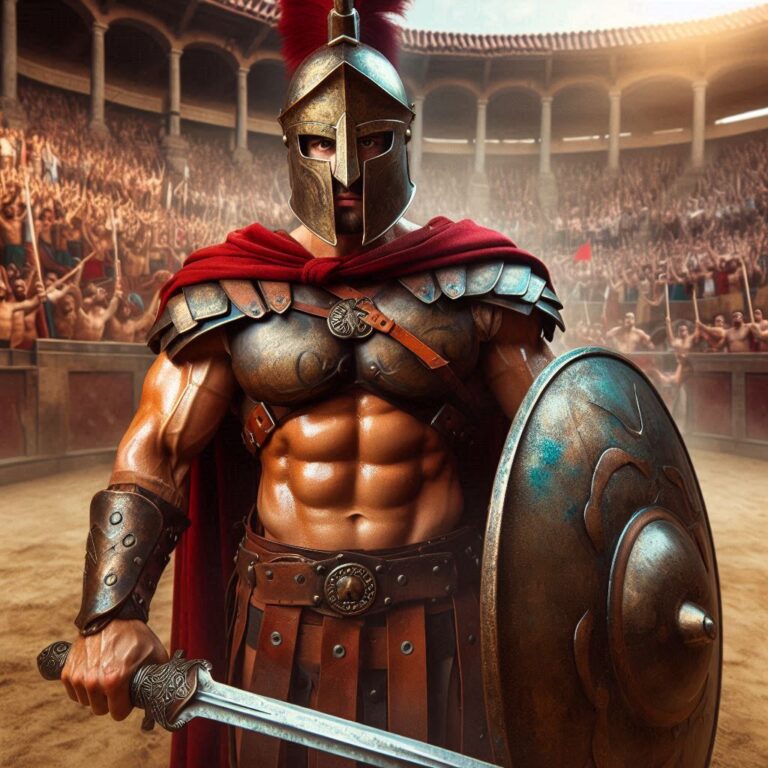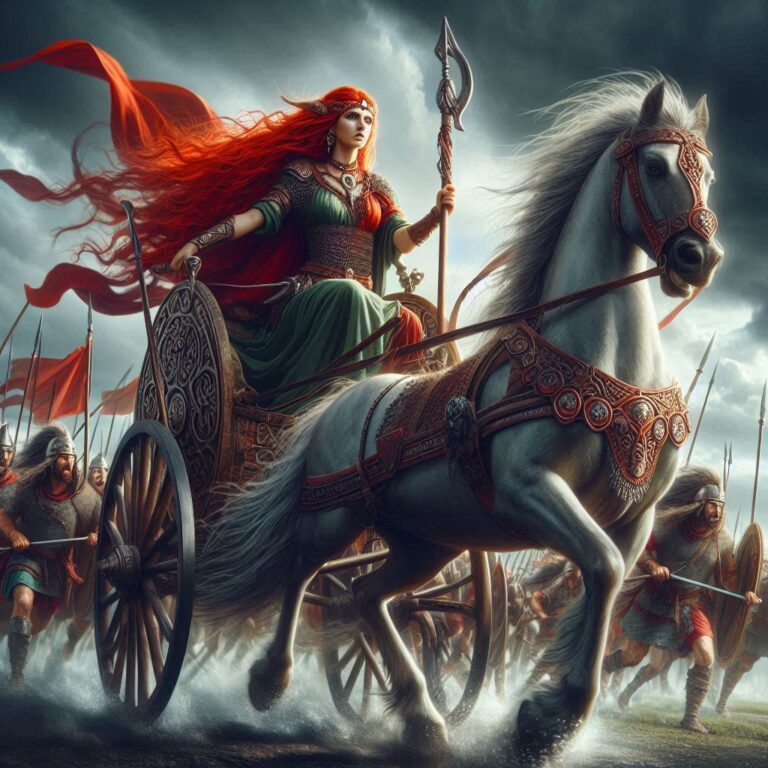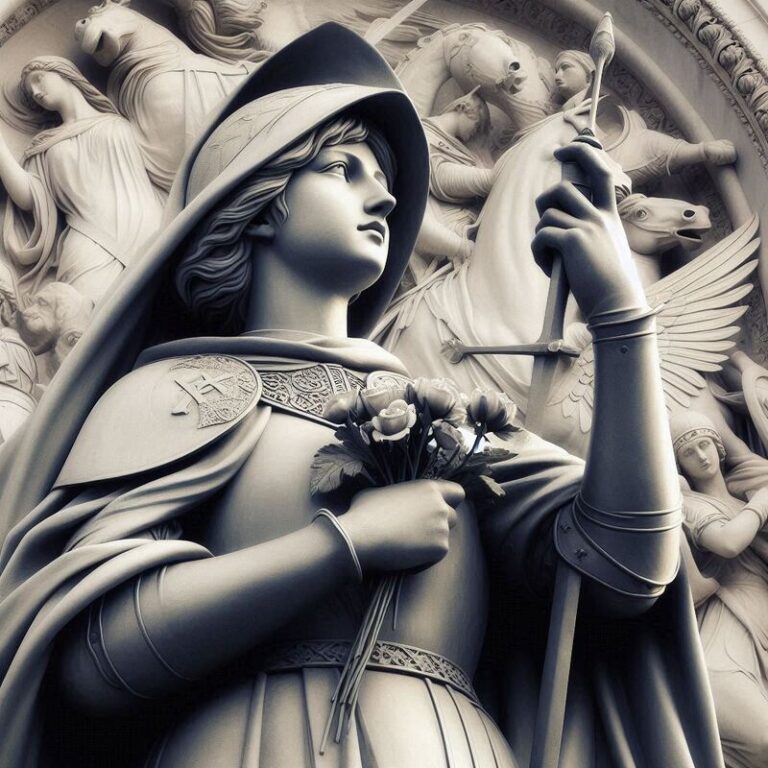Legendary Leaders
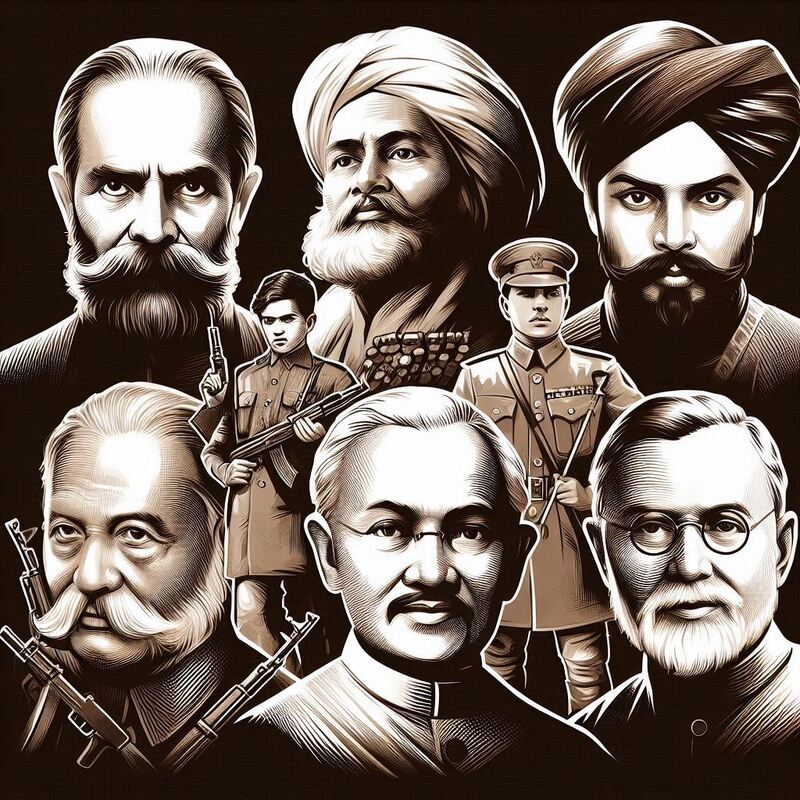
Legendary Leaders
Legendary Leaders: Icons Who Changed the Course of History
Throughout history, the tapestry of human civilization has been woven with the deeds of extraordinary individuals whose leadership not only altered the paths of their own nations but also left an indelible mark on the world. These legendary leaders, with their vision, courage, and determination, have shaped the course of history, often steering humanity towards profound transformation. Their legacies continue to inspire and instruct us, offering timeless lessons in leadership and resilience.
Alexander the Great: Conqueror and Visionary
Legendary Leaders
Born in 356 BCE, Alexander the Great became one of history’s most remarkable military commanders. By the age of 30, he had created one of the largest empires of the ancient world, stretching from Greece to Egypt and into northwest India. His conquests spread Greek culture and influence far and wide, laying the foundation for the Hellenistic world.

Alexander’s leadership was characterized by his extraordinary vision and his ability to inspire his troops. He led from the front, sharing in their hardships, which earned him their unwavering loyalty. His innovative tactics and strategic brilliance in battles, such as the decisive Battle of Gaugamela, showcased his ability to adapt and overcome seemingly insurmountable odds.
Despite his untimely death at 32, Alexander’s legacy endured. His empire fragmented into several Hellenistic kingdoms, which continued to spread Greek culture and ideas. His vision of a cosmopolitan world influenced subsequent generations and set the stage for the blending of cultures that would define the ancient world.
Cleopatra VII: The Last Pharaoh of Egypt
Legendary Leaders
Cleopatra VII, the last active ruler of the Ptolemaic Kingdom of Egypt, is one of history’s most famous and enigmatic figures. Born in 69 BCE, Cleopatra was a shrewd and astute leader who sought to preserve Egypt’s independence amid the growing power of Rome. Her intelligence, political acumen, and charismatic personality have been celebrated and romanticized throughout history.
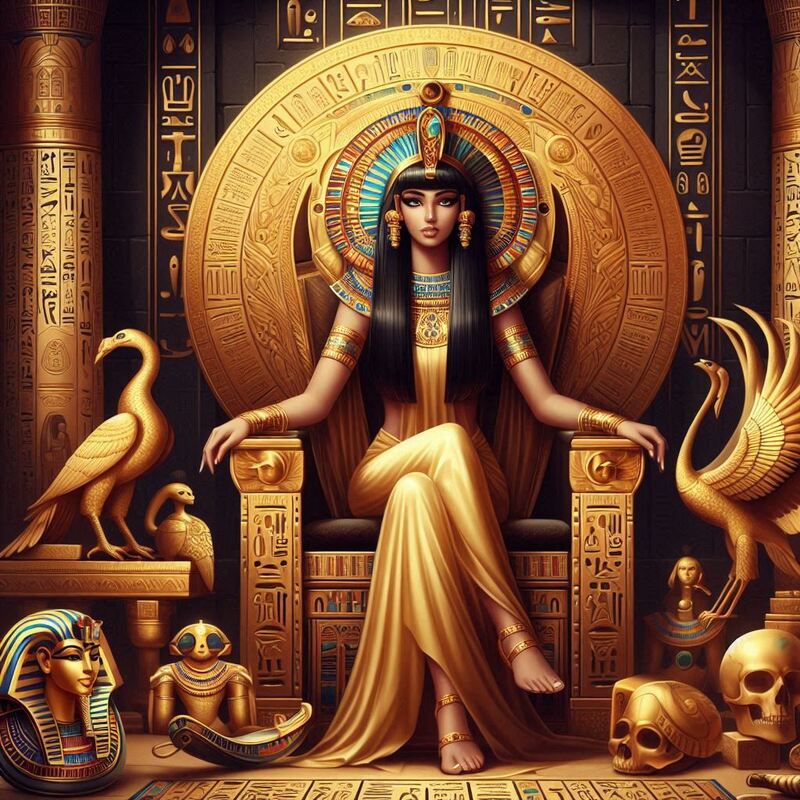
Cleopatra’s relationships with Julius Caesar and Mark Antony were not merely romantic; they were strategic alliances aimed at securing Egypt’s position in the world. Her ability to speak multiple languages and her deep understanding of politics allowed her to navigate the complex dynamics of her time. Cleopatra’s reign marked a period of relative stability and prosperity for Egypt, despite the looming threat of Roman domination.
Her tragic death in 30 BCE marked the end of an era, but Cleopatra’s legacy as a powerful and influential female leader endures. She has been immortalized in art, literature, and film, symbolizing both the allure and the complexities of leadership.
Genghis Khan: The Unifier of the Mongol Tribes
Legendary Leaders
Genghis Khan, born Temujin around 1162, rose from humble beginnings to establish the largest contiguous empire in history. By uniting the Mongol tribes and leading them in a series of unprecedented military campaigns, Genghis Khan reshaped the political landscape of Asia and Europe.
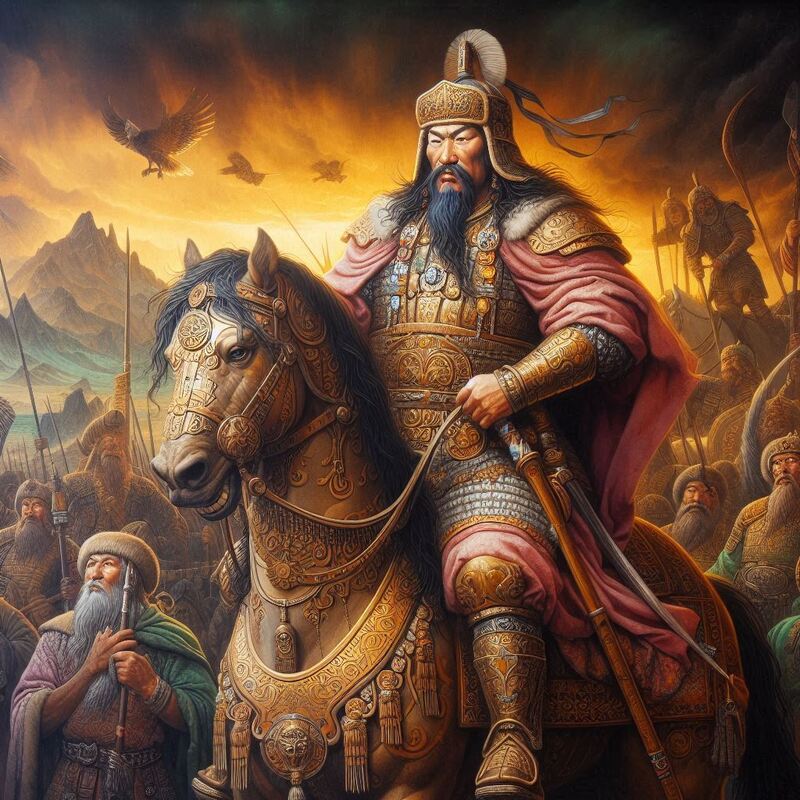
Genghis Khan’s leadership was marked by his innovative military strategies, his ability to inspire fierce loyalty, and his commitment to meritocracy. He promoted soldiers based on ability rather than aristocratic birth, which fostered a culture of excellence and efficiency. His establishment of the Yam, an early postal system, facilitated communication across vast distances, enhancing the administration of his empire.
Beyond his military conquests, Genghis Khan implemented policies that promoted trade, cultural exchange, and religious tolerance. The Pax Mongolica, a period of stability under Mongol rule, allowed for the safe passage of goods and ideas along the Silk Road, connecting East and West in ways that would have lasting impacts on global history.
Elizabeth I: The Virgin Queen
Legendary Leaders
Elizabeth I, who reigned as Queen of England from 1558 to 1603, is celebrated as one of the greatest monarchs in English history. Her reign, known as the Elizabethan Era, was marked by the flourishing of English drama, led by playwrights such as William Shakespeare, and the successful defeat of the Spanish Armada in 1588.
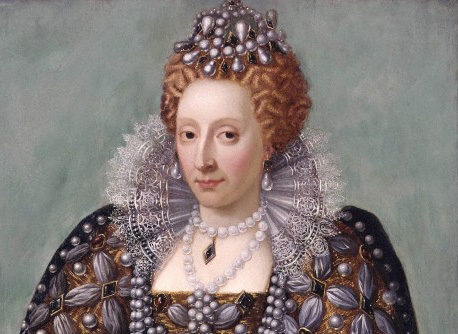
Elizabeth’s leadership was defined by her intelligence, political savvy, and her ability to maintain stability in a deeply divided country. She skillfully navigated the complex religious landscape of the time, establishing the Elizabethan Religious Settlement, which sought to unite her subjects under a moderate form of Protestantism.
Her foreign policy balanced the ambitions of powerful rivals, and her support for exploration paved the way for the British Empire’s expansion. Elizabeth’s reign brought about a cultural renaissance and laid the groundwork for England’s future as a global power.
Nelson Mandela: The Champion of Freedom
Legendary Leaders
Nelson Mandela, born in 1918, emerged as a global symbol of resistance to oppression and a champion of human rights. As a leader of the African National Congress (ANC), Mandela fought against the apartheid regime in South Africa, enduring 27 years of imprisonment for his activism.

Mandela’s leadership was characterized by his unwavering commitment to justice, equality, and reconciliation. Upon his release from prison in 1990, he played a crucial role in dismantling apartheid and establishing multiracial elections. In 1994, Mandela became South Africa’s first black president, leading a nation deeply scarred by racial divisions towards healing and unity.
His emphasis on forgiveness and reconciliation, epitomized by the Truth and Reconciliation Commission, set a powerful example for the world. Mandela’s legacy continues to inspire movements for social justice and human rights globally.
Mahatma Gandhi: The Apostle of Nonviolence
Legendary Leaders
Mahatma Gandhi, born in 1869, is renowned for his role in leading India to independence through nonviolent resistance. Gandhi’s philosophy of Satyagraha, or nonviolent resistance, became a powerful tool against colonial rule and injustice.

Gandhi’s leadership was rooted in his deep spiritual beliefs and his commitment to truth and nonviolence. His campaigns, such as the Salt March of 1930, mobilized millions of Indians and garnered international attention, highlighting the moral and political bankruptcy of British rule in India.
His emphasis on self-reliance, social reform, and communal harmony left a lasting impact on India and the world. Gandhi’s methods influenced numerous civil rights movements, including those led by Martin Luther King Jr. in the United States.
Winston Churchill: The Defiant Wartime Leader
Legendary Leaders
Winston Churchill, who served as the Prime Minister of the United Kingdom during World War II, is celebrated for his steadfast leadership during one of history’s darkest periods. Born in 1874, Churchill’s career spanned several decades, but his defining moment came with the outbreak of World War II.

Churchill’s leadership was marked by his indomitable spirit, stirring oratory, and unyielding resolve. His speeches, such as the famous “We shall fight on the beaches” address, rallied the British people and bolstered Allied morale during the darkest days of the war. Churchill’s strategic vision and his close collaboration with Allied leaders were crucial in the eventual defeat of the Axis powers.
Beyond the war, Churchill’s legacy includes his contributions to the post-war order, including his role in founding the United Nations. His resilience and ability to inspire under dire circumstances remain a benchmark for leadership in times of crisis.
Conclusion
The legendary leaders who changed the course of history each brought unique qualities and strengths to their roles. From Alexander the Great’s military genius to Nelson Mandela’s moral fortitude, these leaders navigated complex challenges and left enduring legacies. Their stories continue to inspire and remind us of the profound impact that visionary and courageous leadership can have on the world. As we reflect on their lives, we find timeless lessons in resilience, innovation, and the power of human will to shape history.
